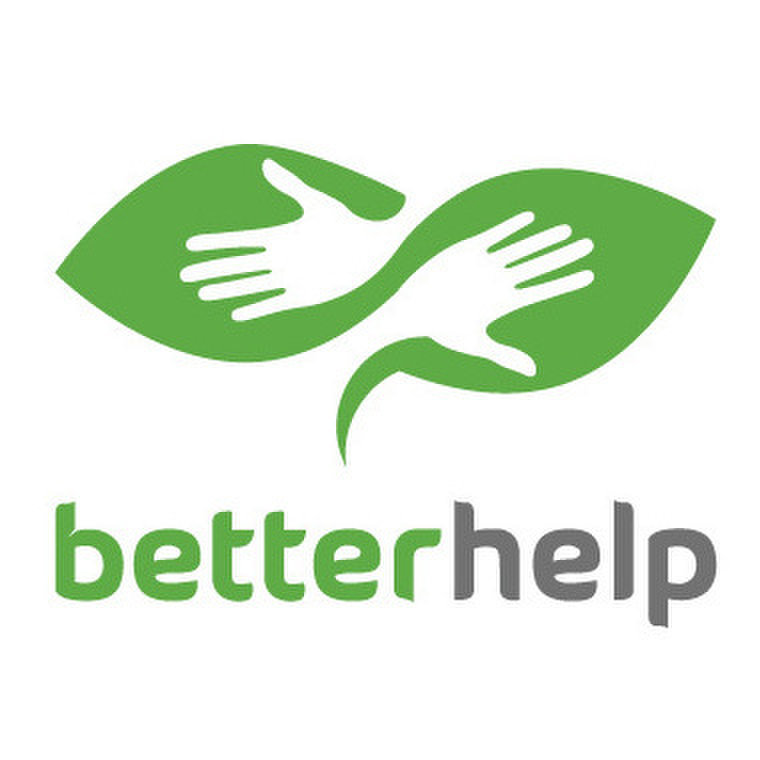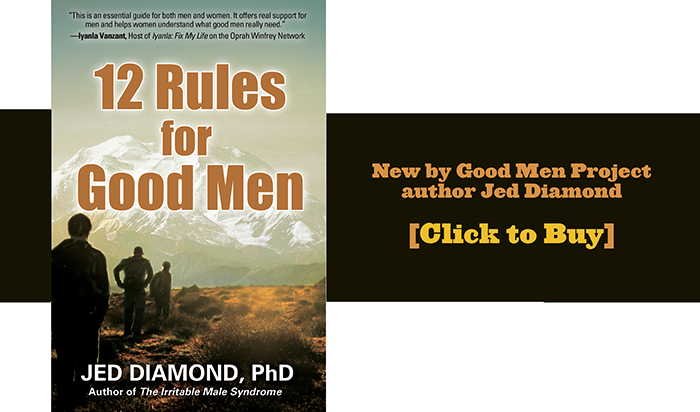As a BetterHelp affiliate, we may receive compensation from BetterHelp if you purchase products or services through the links provided.
When I was young I spent many hours at the movies longing for the kind of love I saw on the screen—love that was big, passionate, and everlasting. I wanted Splendor in the Grass and believed that Love Was a Many Splendored Thing. But as I got older and got married, became a therapist, and began working with men, women, and families, my views began to change. I found there was a difference between “love” and “love addiction.”
Most people associate addiction with things like alcohol, cocaine, or opiate drugs. But I’ve found that we can become addicted to behaviors as well as drugs. Addiction expert, Dr. Stanton Peele says,
“Many of us are addicts, only we don’t know it. We turn to each other out of the same needs that drive some people to drink and others to heroin. Interpersonal addiction—love addiction—is just about the most common yet least recognized form of addiction we know.”
Healthy love is wonderful and makes life worthwhile. On the other hand, “love addiction” can cause pain, suffering, and even death. People who become addicted are more likely to engage in practices that might result in HIV infection and most “love” addicts become depressed. Knowing the difference between love and “love addiction” can be life-saving. In sorting out my own love life and working with clients over the last 40 years, I have come to understand the following distinctions which I describe in my book, Looking for Love in All the Wrong Places: Overcoming Romantic and Sexual Addictions.
***
1. Healthy Love develops after we feel secure.
Addictive Love tries to create love even though we feel frightened and insecure.
***
2. Healthy Love comes from feeling full. We overflow with love.
Addictive Love is always trying to fill an inner void.
***
3. Healthy Love begins with self-love.
Addictive Love always seeks love “out there” from that “special someone.”
***
4. Healthy Love comes to us once we’ve given up the search.
Addictive Love is compulsively sought after.
***
5. Healthy Love comes from inside. It wants to give.
Addictive Love comes from outside. It wants to take.
***
6. Healthy Love grows slowly, like a tree.
Addictive Love grows fast, as if by magic, like those children’s animals that expand instantly when we add water.
***
7. Healthy Love thrives on time alone as well as time with our partner.
Addictive Love is frightened of being alone and afraid of being close.
***
8. Healthy Love is unique. There is no “ideal lover” that we seek.
Addictive Love is stereotyped. There is always a certain type that attracts us.
***
9. Healthy Love is gentle and comfortable.
Addictive Love is tense and combative.
***
10. Healthy Love is based on a deep knowing of ourselves and our lover.
Addictive Love is based on hiding from ourselves and falling in love with an ideal “image,” not a real person.
***
11. Healthy Love encourages us to be ourselves, to be honest from the beginning with who we are, including our faults.
Addictive Love encourages secrets. We want to look good and put on an attractive mask.
***
12. Healthy Love flows out.
Addictive Love caves in.
***
13. Healthy Love creates a deeper sense of ourselves the longer we are together.
Addictive Love creates a loss of self the longer we are together.
***
14. Healthy Love gets easier as time goes on.
Addictive Love requires more effort as time goes on.
***
15. Healthy Love is like rowing across a gentle lake.
Addictive Love is like being swept away down a raging river.
***
16. Healthy Love grows stronger as fear decreases.
Addictive Love expands as fear increases.
***
17. Healthy Love is satisfied with what we have.
Addictive Love is always looking for “more, bigger, better.”
***
18. Healthy Love encourages interests to expand in the world.
Addictive Love encourages outside interests to contract.
***
19. Healthy Love is based on the belief that we want to be together.
Addictive Love is based on the belief that we have to be together.
***
20. Healthy Love teaches that we can only make ourselves happy.
Addictive Love expects the other person to make us happy and demands that we make our partner happy.
***
21. Healthy Love creates life.
Addictive Love creates melodramas.

***
You might also like from Jed Diamond:
The One Thing Men Want More Than Sex
—
About the book
Too many confuse real love and addictive love. In his new book, 12 Rules for Good Men, you’ll learn the truth about sex, love, and relationships. “12 Rules is the result of Jed’s lifetime of leadership in men’s work and represents the power and wisdom of an elder of the men’s movement.”
–Mark Greene, Senior Editor, The Good Men Project.
***
Also by Jed Diamond
Save 15% on Affordable, private therapy with BetterHelp anytime, anywhere.
—
iStock image


 The 5 Most Important Things That Make A Man Feel Loved
The 5 Most Important Things That Make A Man Feel Loved The 5 Stages of Love: Why Too Many Stop at Stage 3
The 5 Stages of Love: Why Too Many Stop at Stage 3 The 6 Most Romantic Words a Man Can Say to a Woman
The 6 Most Romantic Words a Man Can Say to a Woman How to Find (and Keep) the Love of Your Life
How to Find (and Keep) the Love of Your Life
The healthy love seems too idealized. Who can attain this? Anyone who could would apparently be perfectly happy alone so why be in relationship with others to begin with?
Awesome information
Very interesting I see myself and my ex gf in this list through out. She is the addict and needs to have someone in her life. Would like it to be me but there is hidden things that need to be worked on and we may find our way back to each other.
“Addictive Love tries to fill an inner void”
Yes, this is the truth…! I tried to be everything to someone a long time ago…it turned out to be a huge waste of time…his void was bottomless…what a desperate situation that was…! I think he used me like a bandaid to cover up the huge hole in his life….nothing I did was ever enough…so glad I am done with that!
It’s changed me….I say “no” to people more quickly…I keep my distance from emotional vampires (and they are everywhere!)
I’d add one more thing in describing healthy love. Healthy love recognizes that there are good times and bad times and those are best navigated by being honest with one another. Keeping hurts or fears inside allows no room to explore solutions with your partner. Not being honest about your feelings and needs can sound a death knell for a relationship. There is a lot of truth in the recovery slogan, we are as sick as our secrets. Love is a verb. Healthy love is active, caring as much for the relationship as one does for one’s own needs.
I get this… and yet I feel it is too simplistic. I think this article goes into that realm of “trying have it all figured out” in order to have a relationship….. All of us have been fed stories since birth! Stories of how this world works. From our our milk coming from the grocery store to our garbage going “away”. The life that we are leading is full of illusions! How do we get past our illusions to our true selves and continue on our journeys? And that being said… there is a true need, in the human body,… Read more »
I have had to let two women friends go because their love drama. I finally realized I wouldn’t be friends with a drug or alcohol addict and this was no different. I wasn’t able to get these girls to realize they were picking men from a position of need and not emotional health.
Since I became love healthy, I haven’t had a partner in four years. I haven’t met anyone I thought was healthy enough for me. I’m ok with that.
I love it. Superb.
Thank you. I got a lot out of it.
So – this is me…big time. Not a surprise but – who do I stop? What’s the ‘cure’ for Love Addiction? Seriously, any resources would be super helpful. Thanks!
This was amazing.
Thank you for writing this article. I’ve also wondered about what love addiction was about, because I’ve read about it in other forums, and have felt personally confused. I know that the word “addiction” has a negative connotation, however the concept that love addiction is something that isn’t something that’s talked about much in everyday conversation. I’ve questioned myself about whether I have this, given how my relationships have gone in the past. I would say without giving away too much information about myself and others, I’ve struggled to understand how to love, and how others show love to me.… Read more »
MF, thanks for sharing so openly and indepth. I think we all are on a path of learning how to love. As you note,one of the keys is to learn to trust, ourselves and others. We also have to be smart about who we trust. We can be open to others, and generally trust engenders trust, but many of us learned about love in a dysfunctional environment so that we confuse healthy love with addictive love. I’ve found this list helps people tune into their deeper needs.
This is such an amazing list! I love it and plan to reference it with my clients.
Laura, Glad you found it helpful. Let me know how your clients respond.
Jed